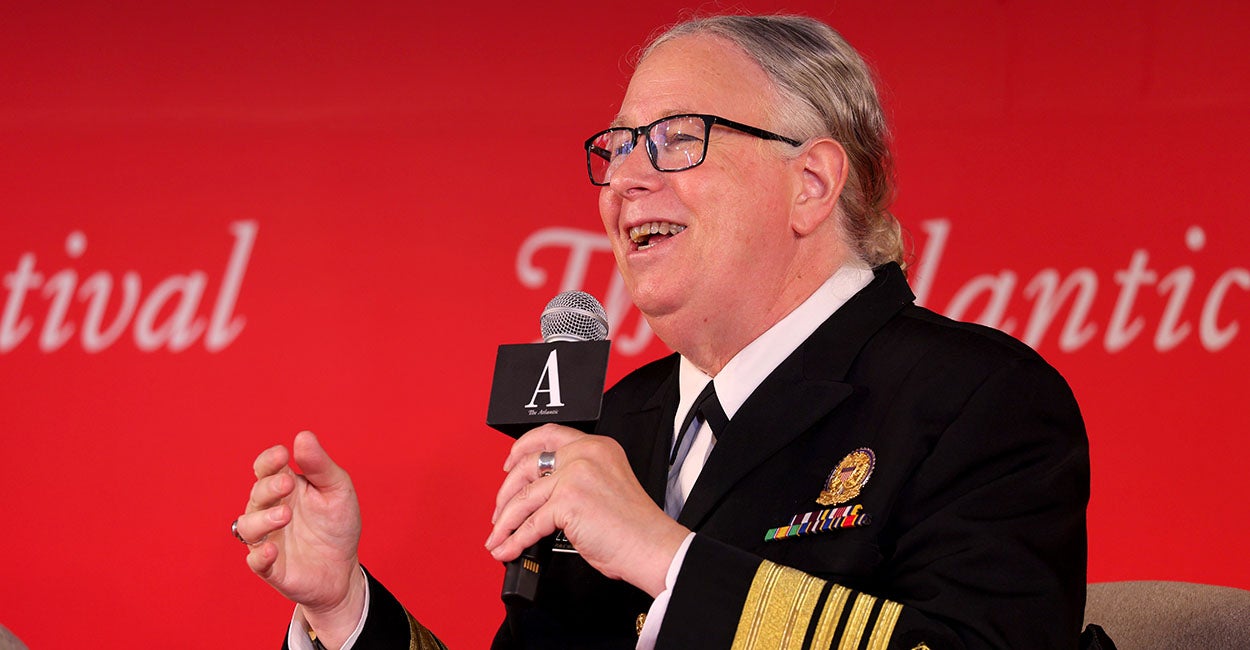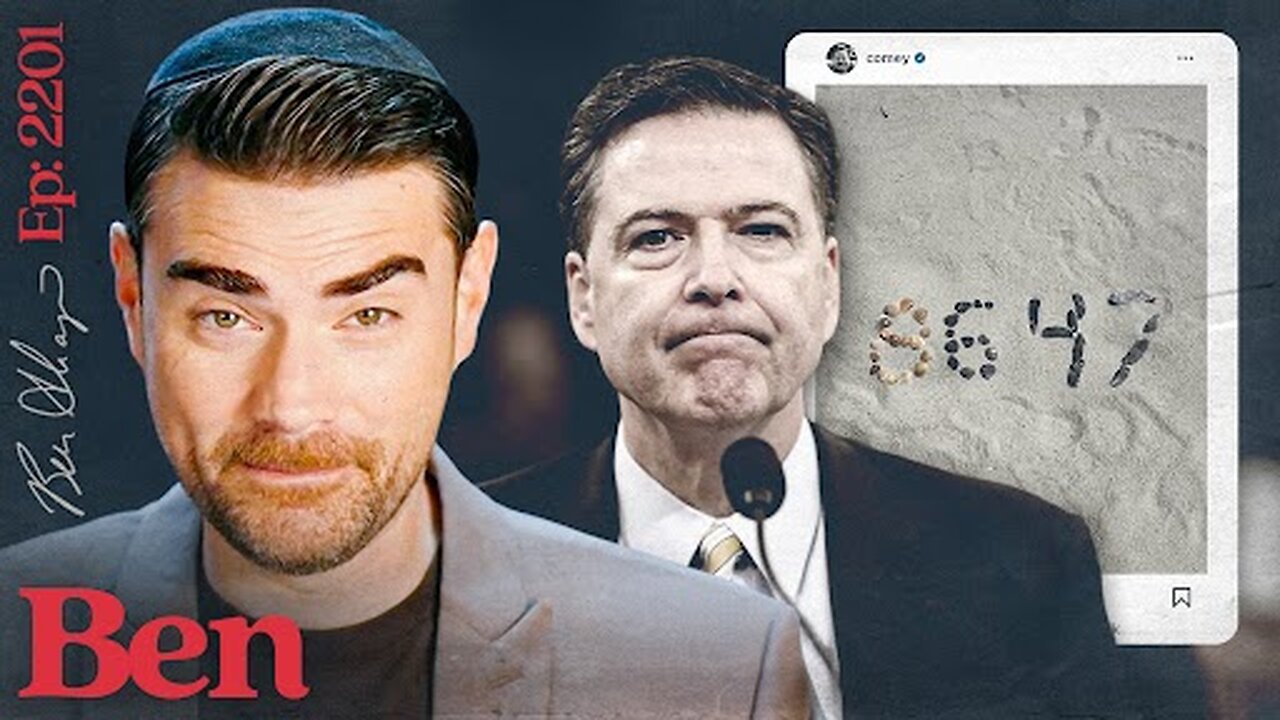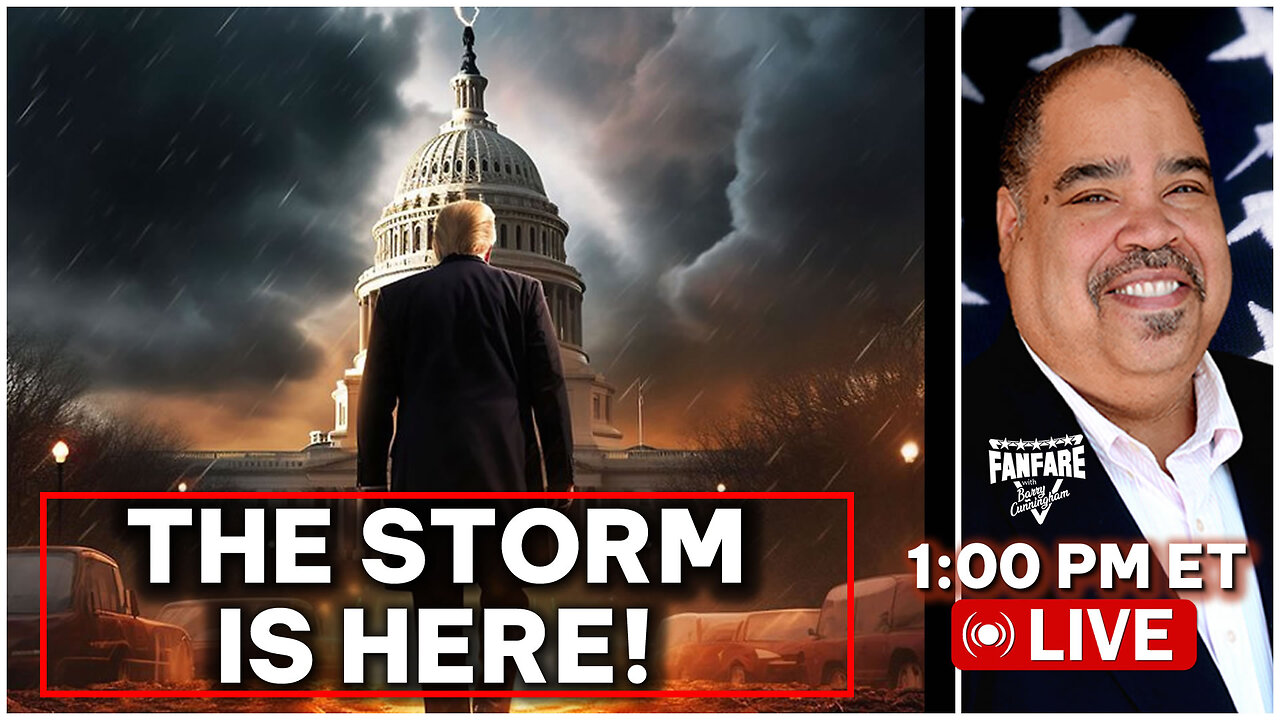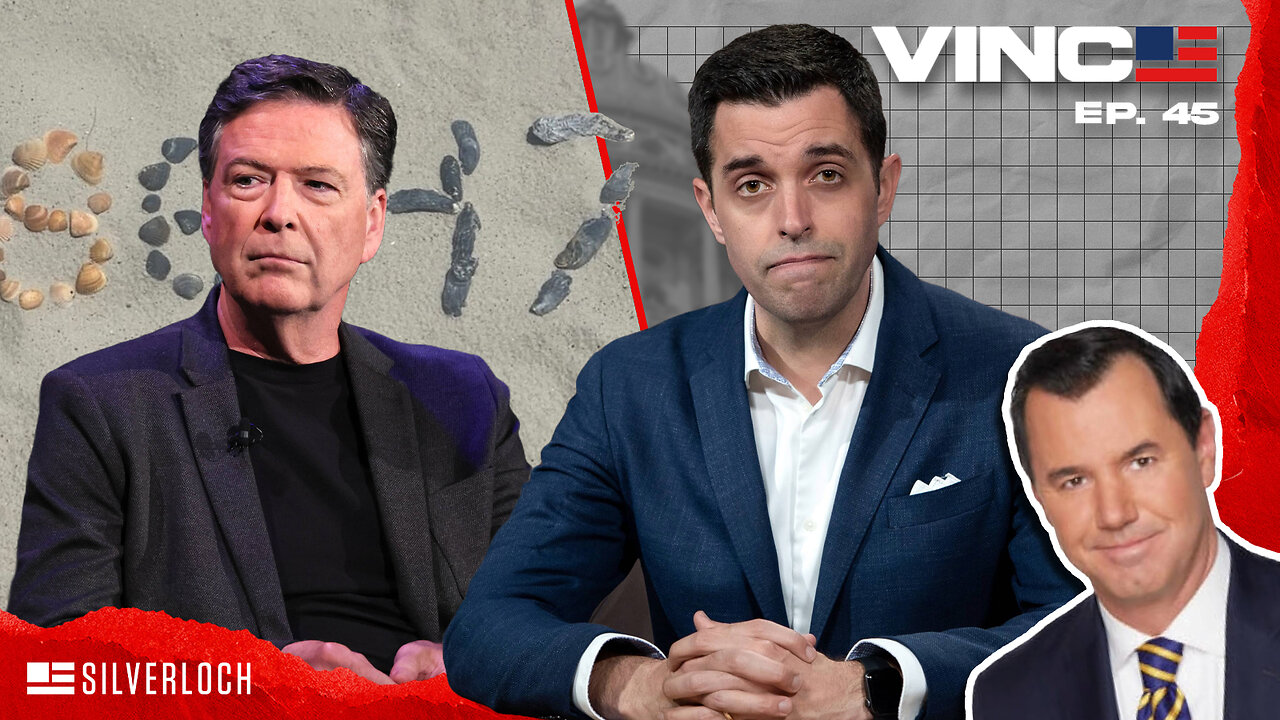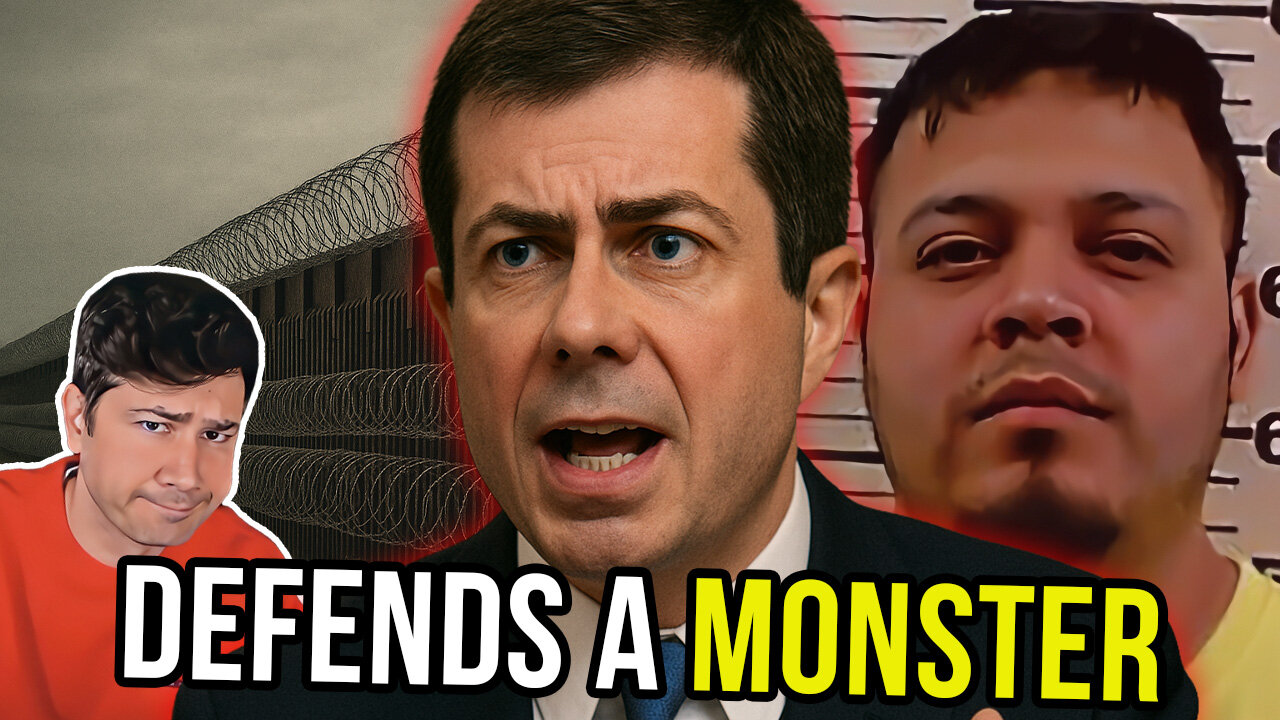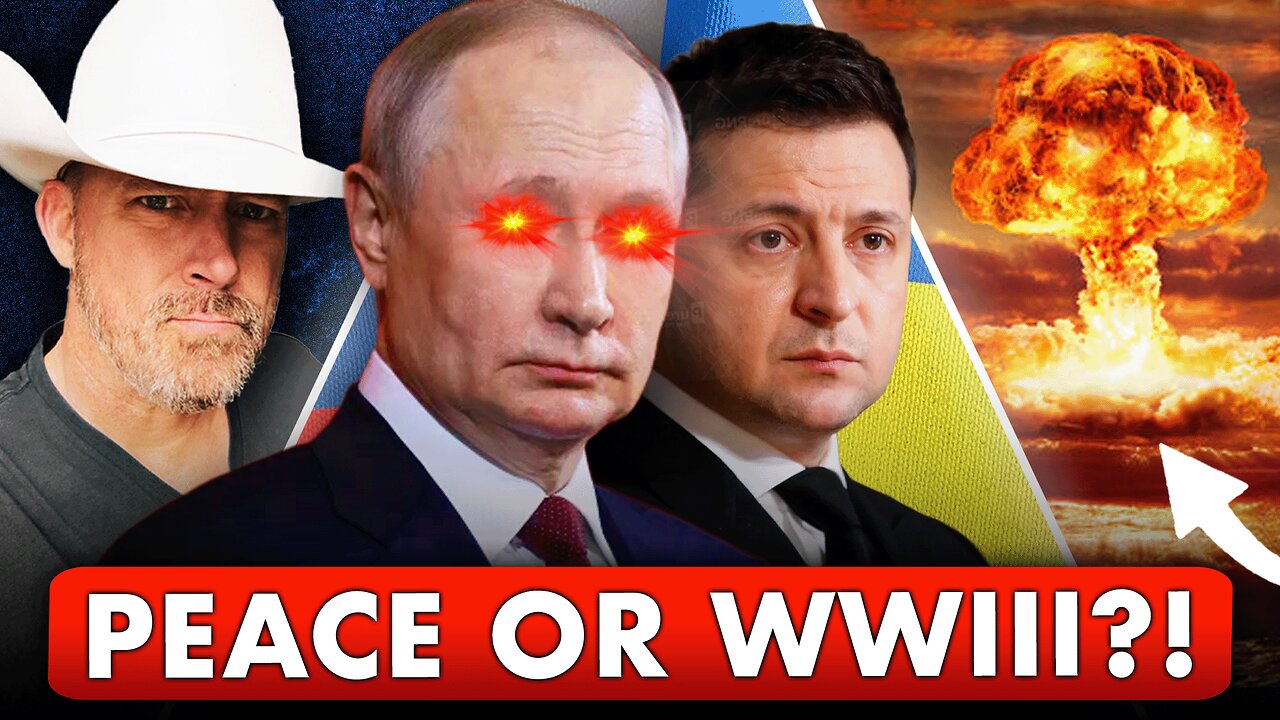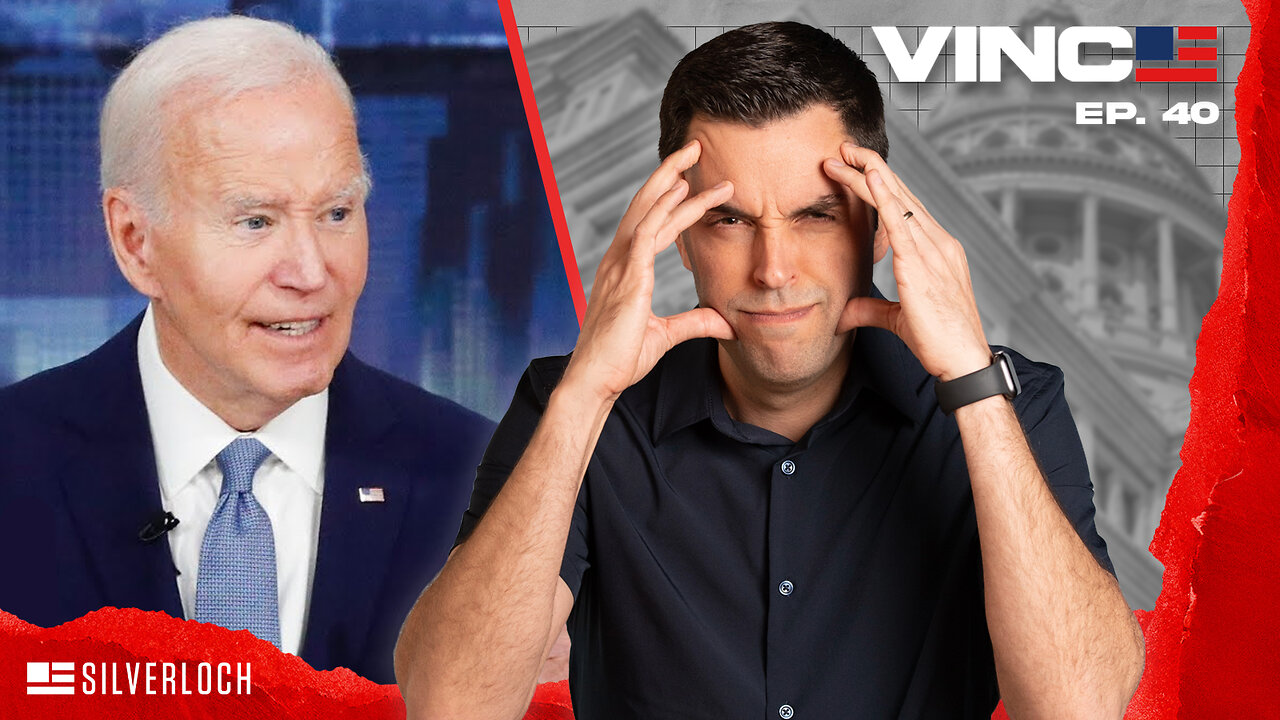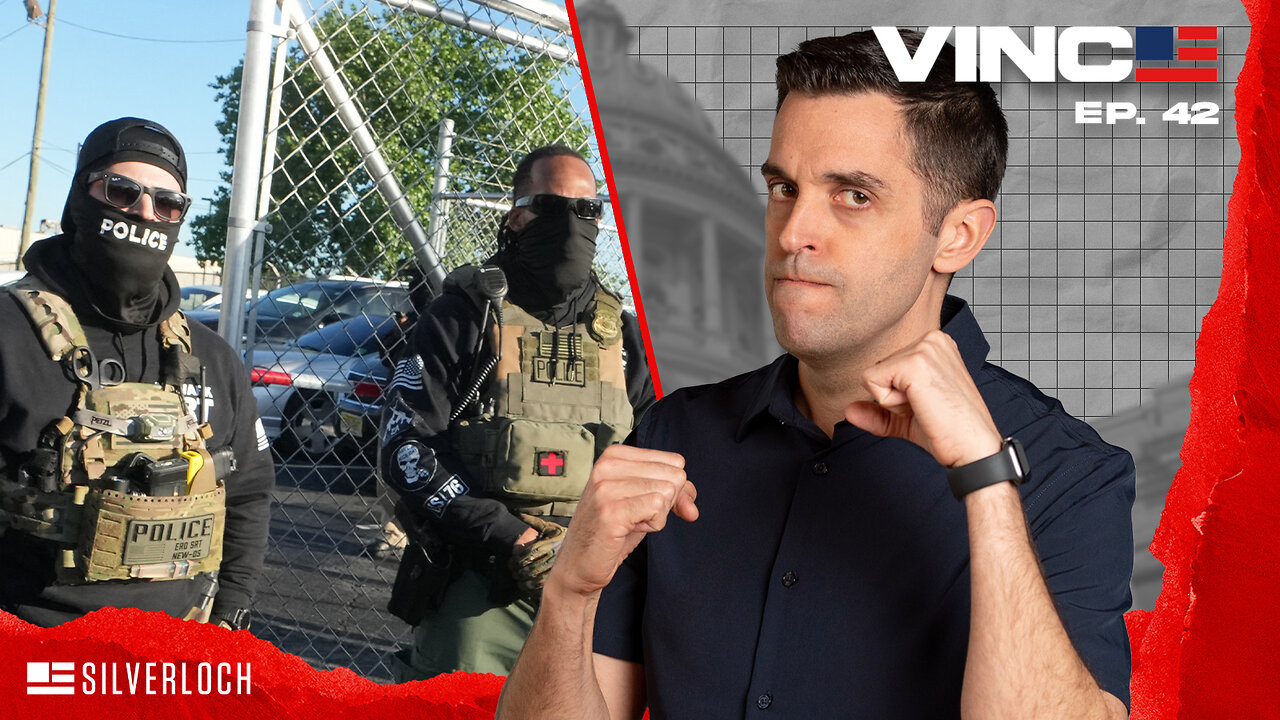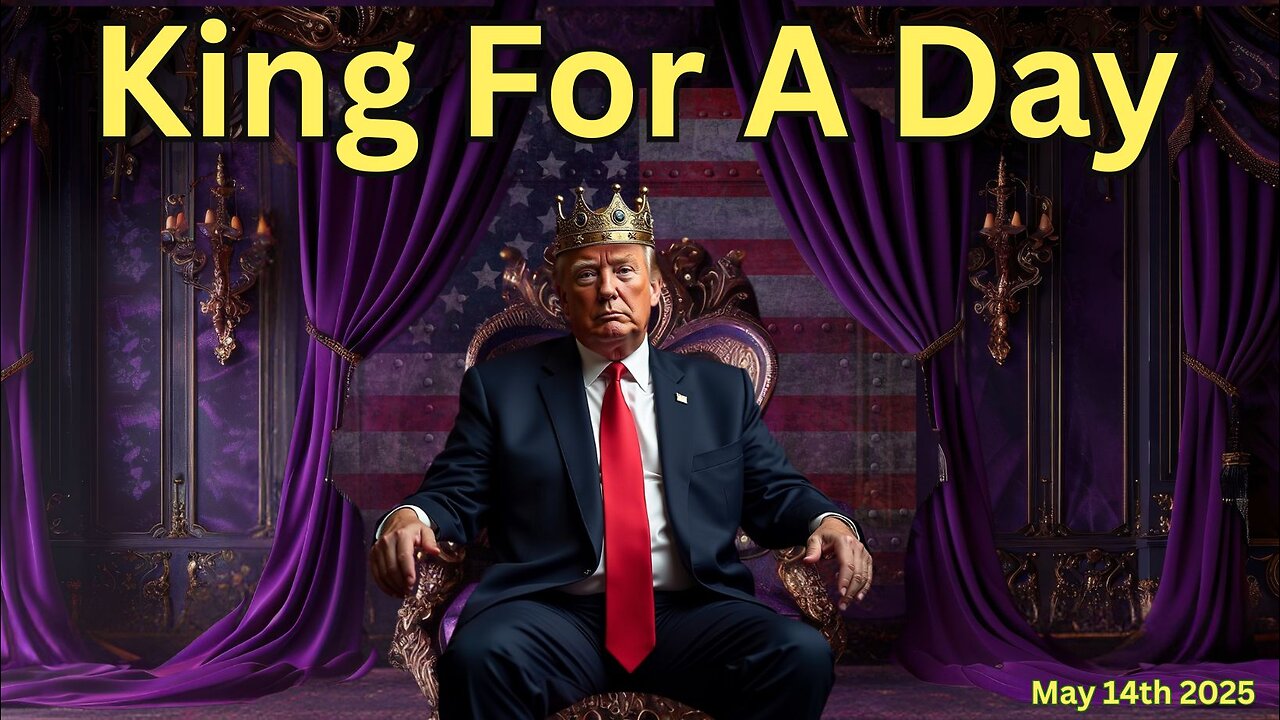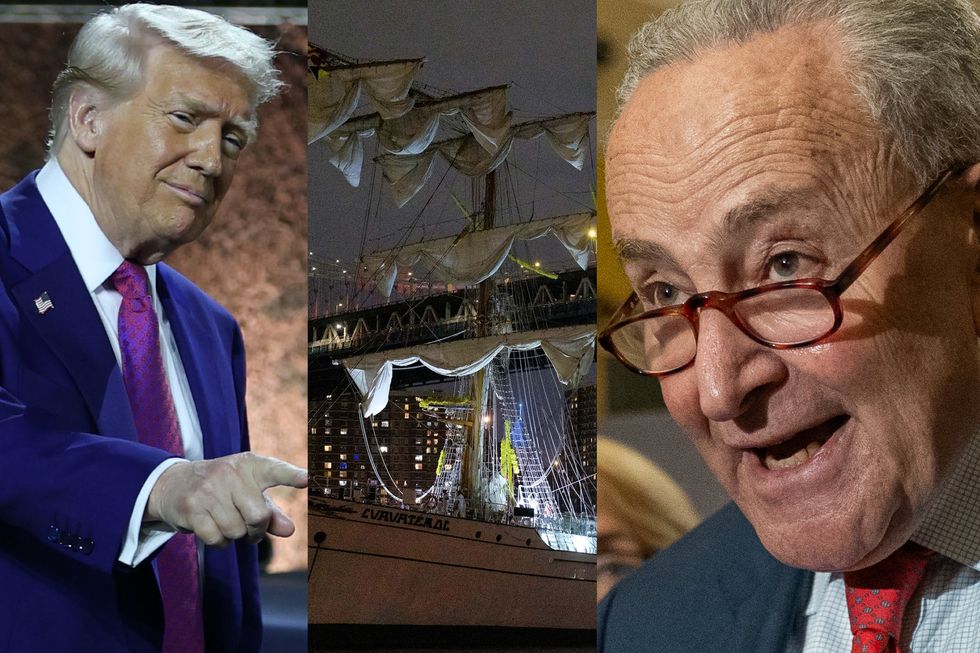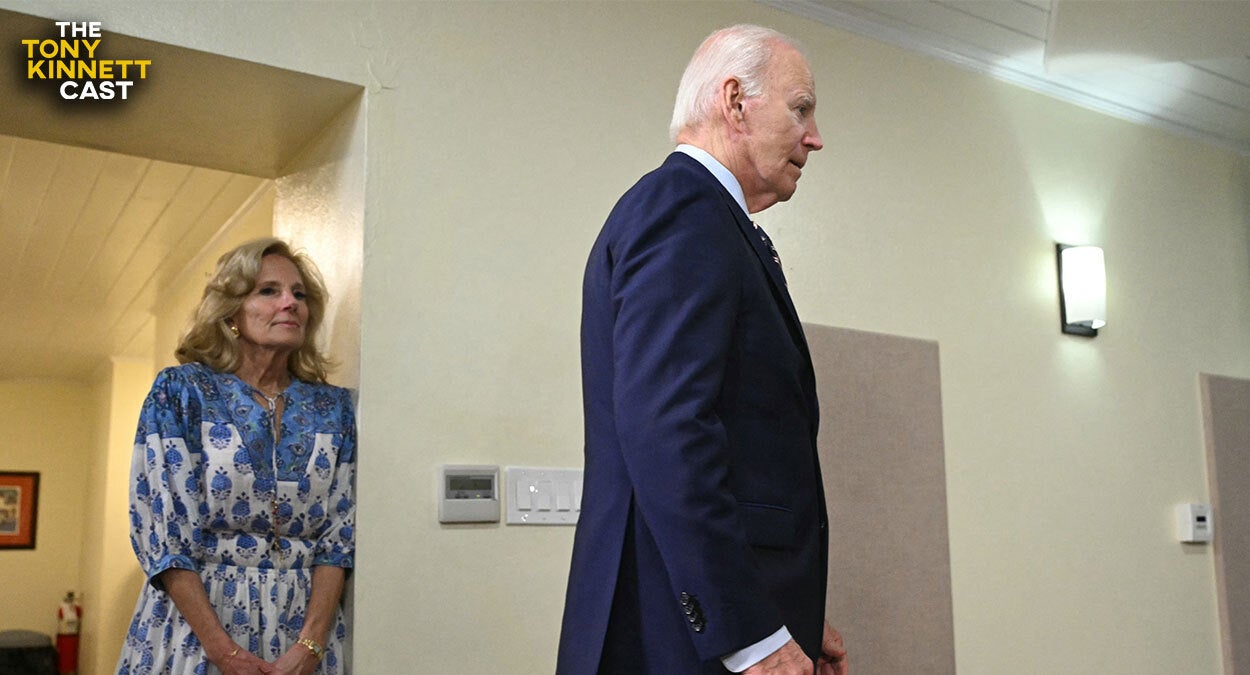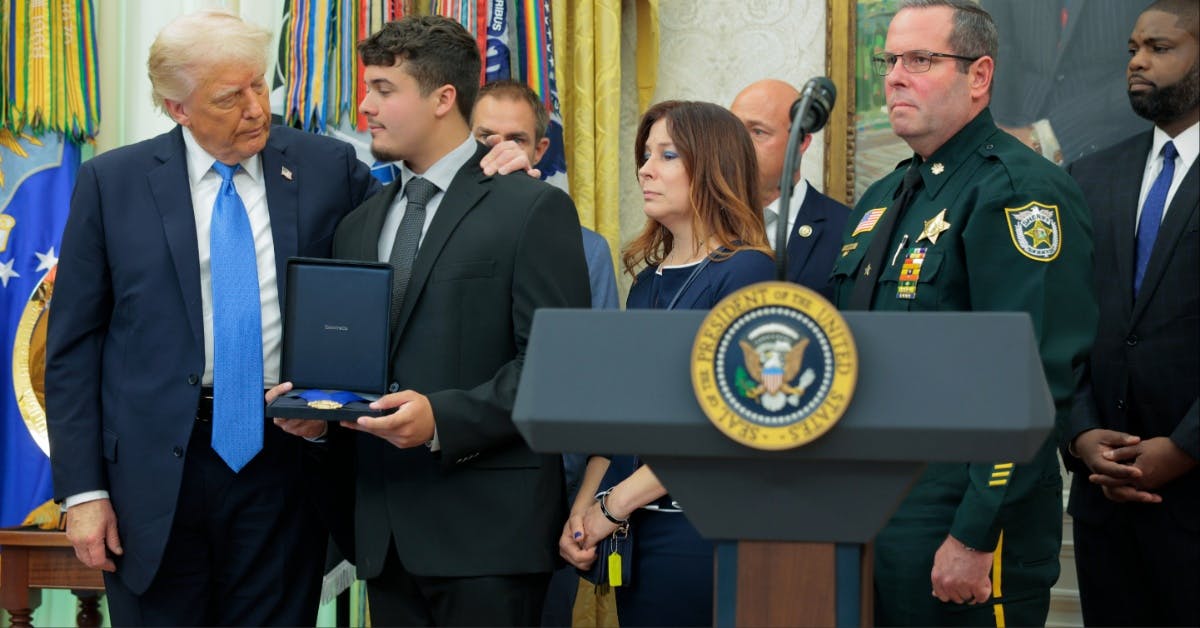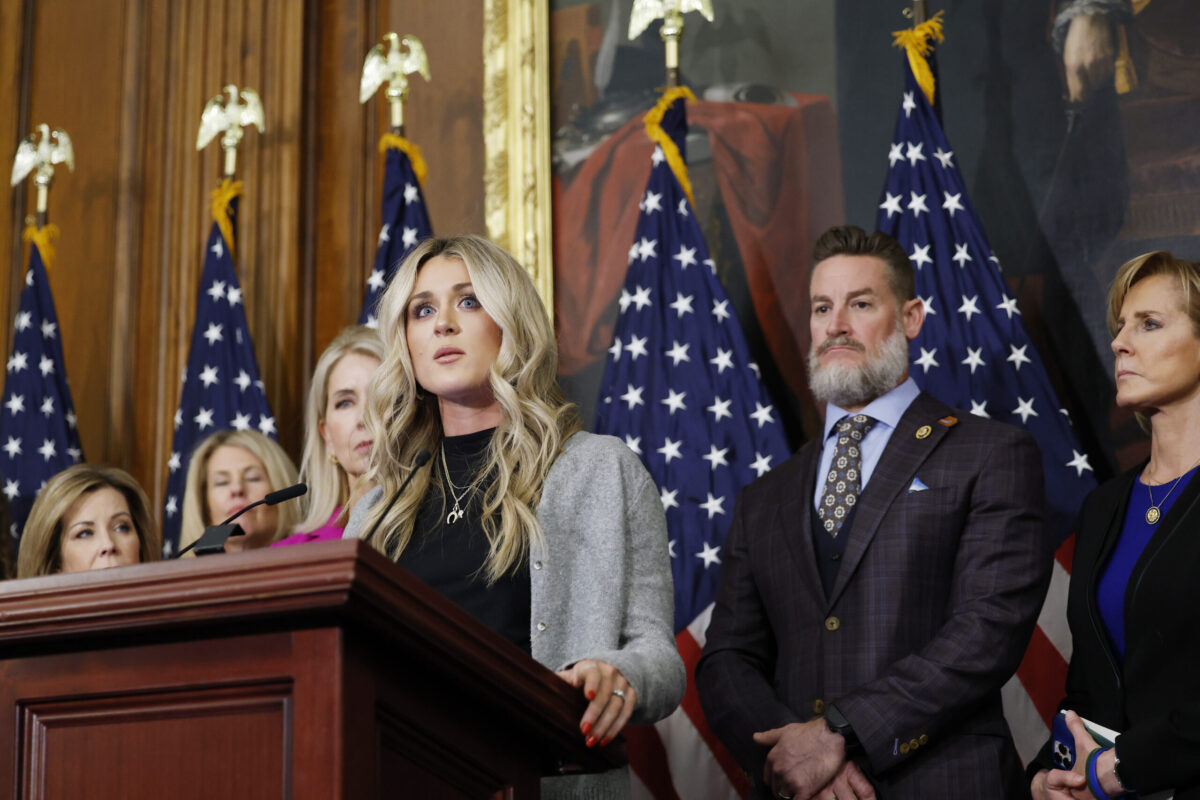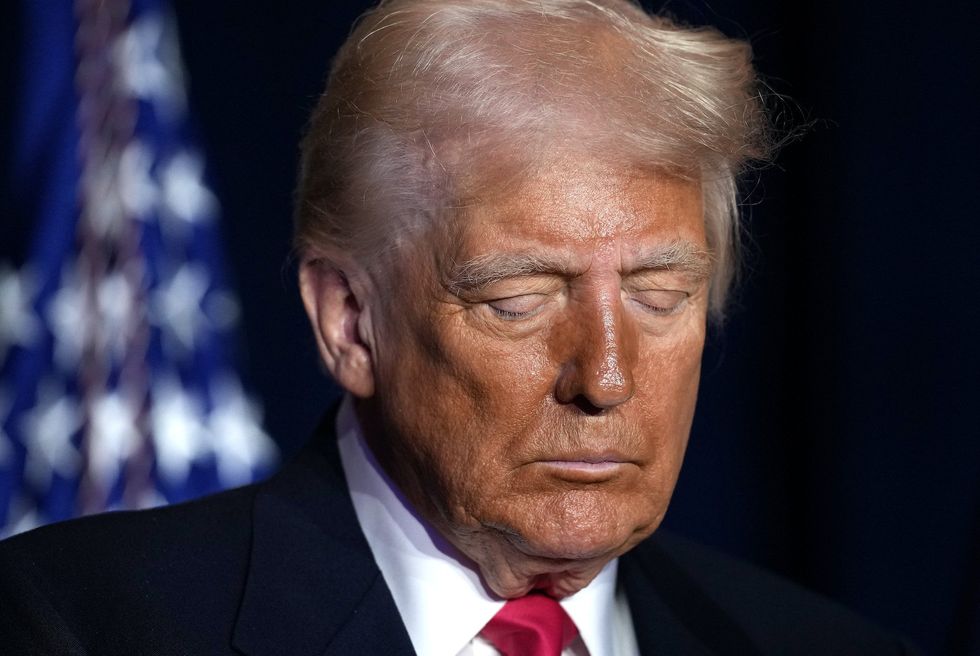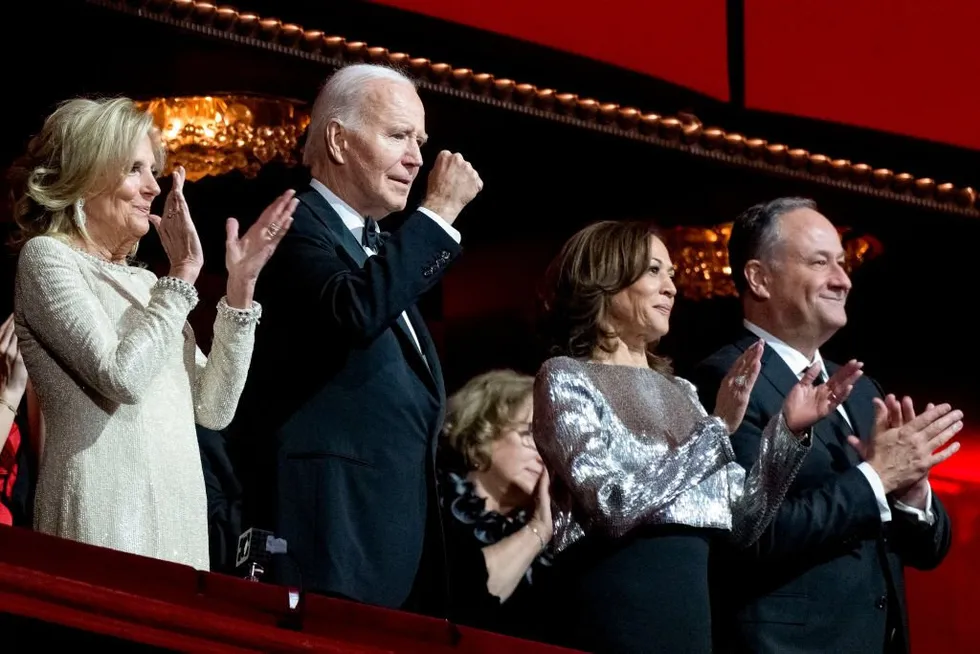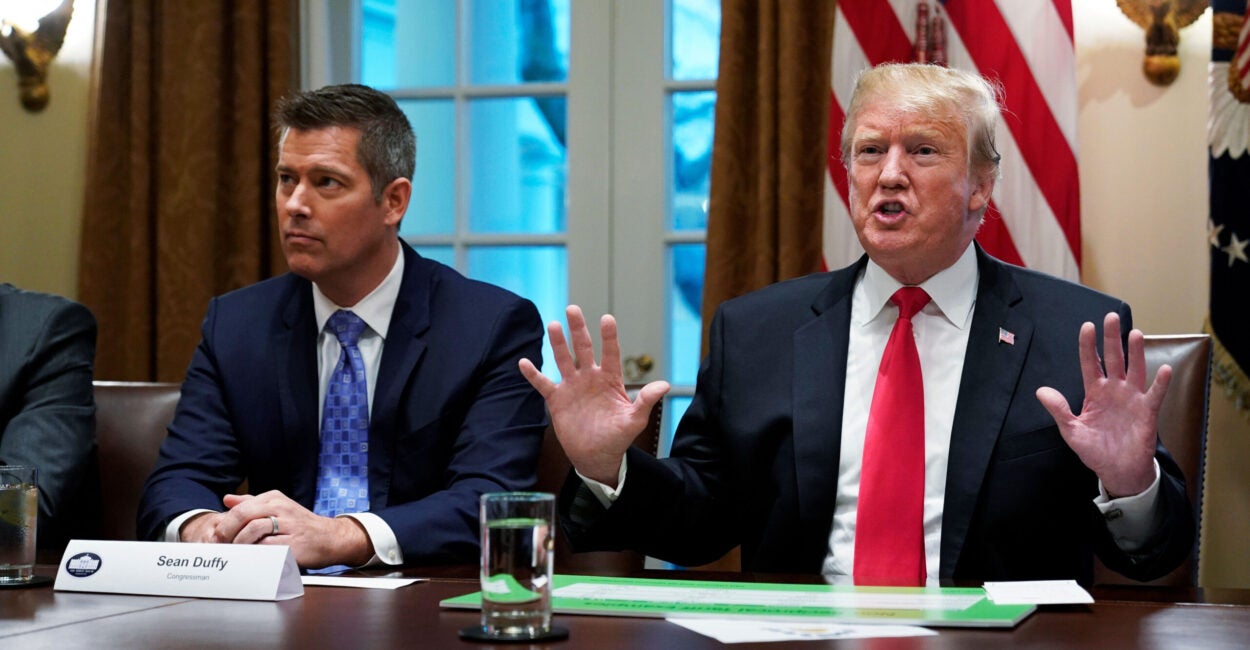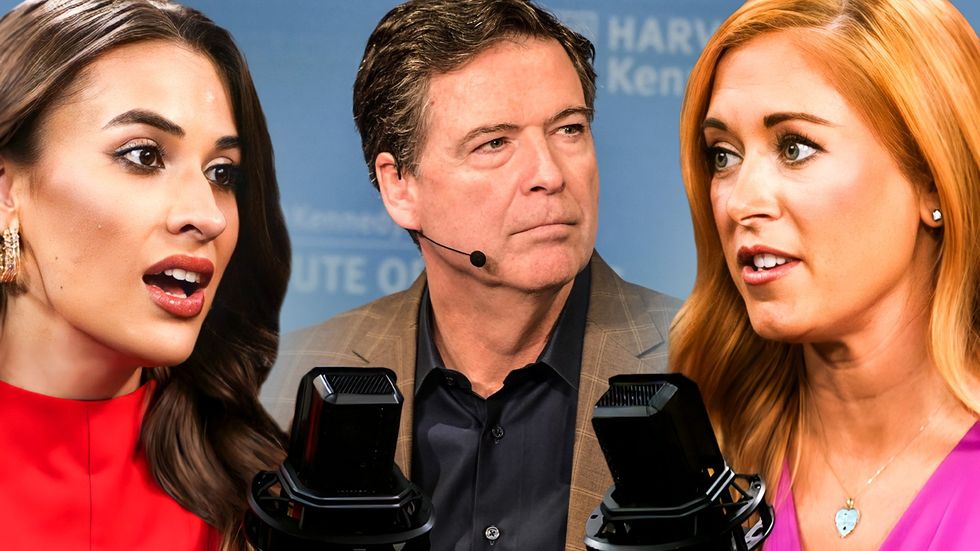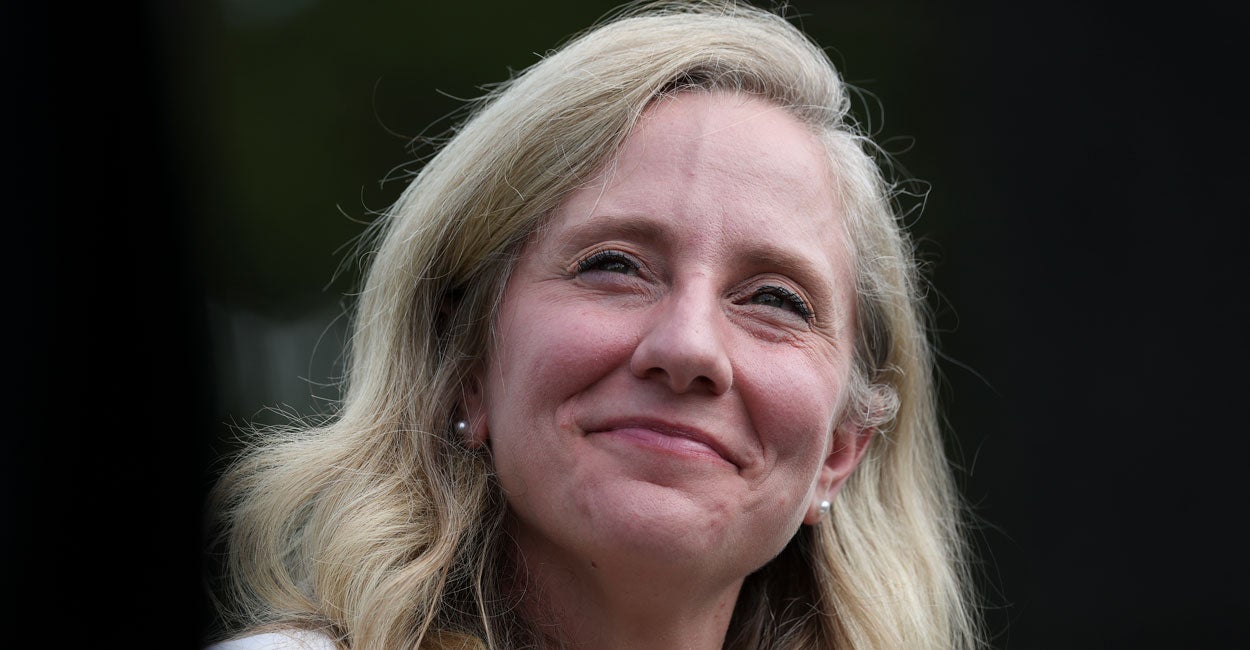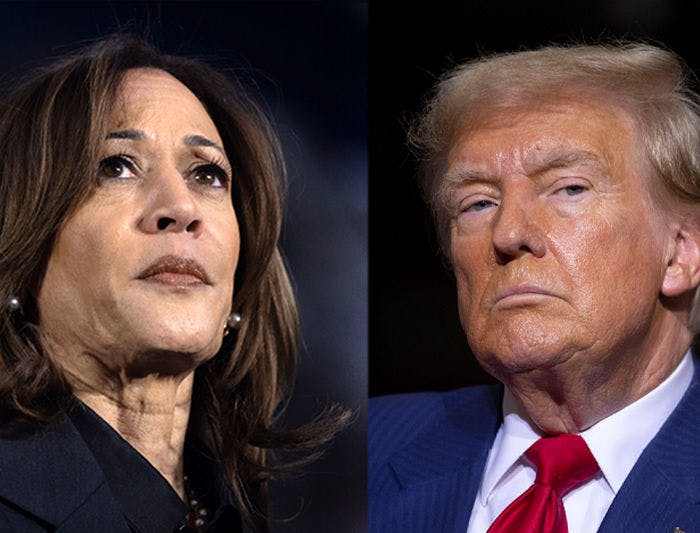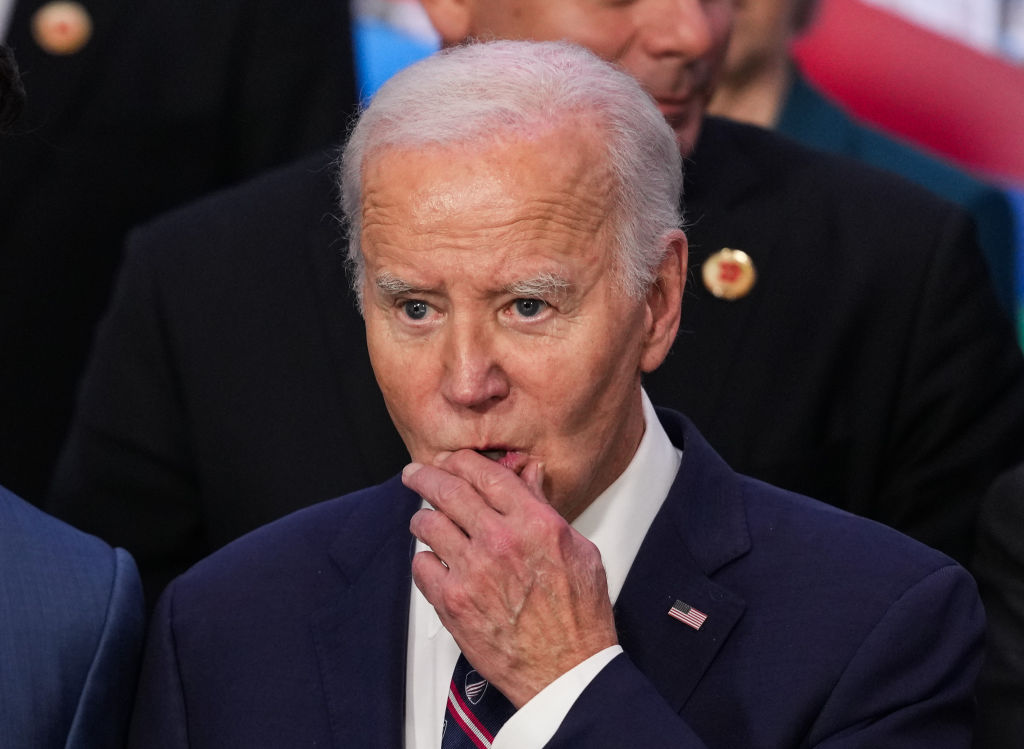Is Biden strong-arming Israel into Hezbollah ceasefire to ease arms embargo?



JERUSALEM – Israel is reportedly on the verge of signing a U.S.-brokered ceasefire agreement with Hezbollah, which could bring about a two-month pause in hostilities along the volatile Israeli-Lebanese border.
The proposed deal, still under negotiation, would involve the withdrawal of military forces from both sides and provide Israel with “significant relief” from the U.S. arms embargo currently limiting its access to critical weaponry.
Key elements of the ceasefire proposal
The ceasefire plan is a focal point for Israel’s cabinet, which is set to convene to deliberate on its terms. According to White House National Security Council spokesman John Kirby, the agreement is “close” to being finalized, though significant points of contention remain unresolved.
One major sticking point is Israel’s insistence on retaining the right to strike Hezbollah positions in southern Lebanon, a provision that Lebanese officials have openly opposed. It’s important to note the proposed ceasefire will be between Israel and Lebanon – it doesn’t even mention Hezbollah.
Many people are concerned about the lack of specificity when it comes to referencing Hezbollah, which is often designated in the Orwellian language of “international speak” as a non-state actor; although it forms part of the Lebanese government, but does not constitute any part of Lebanon’s army, and obviously takes no orders from it.
The Biden administration has positioned the agreement as a pathway to de-escalation while addressing Israel’s concerns over Hezbollah’s continued presence near the border. Reports indicate that U.S. President Joe Biden has personally assured Israeli Prime Minister Benjamin Netanyahu that approving the ceasefire would ease the restrictions imposed by the ongoing arms embargo.
Specifically, the embargo has delayed shipments of critical munitions, including approximately 20,000 MK-84 bombs, which are instrumental in Israel’s operations against terrorist targets. Given the Congress already approved these shipments, it seems surprising that despite some Executive discretion, their being held up has not garnered a more robust response..
Israeli public figures, including prominent right-wing commentator Yinon Magal, have expressed frustration over the embargo, describing it as a significant impediment to national defense. Magal noted that the deal promises to provide Israel with “armaments, missiles, shells, and weapons” necessary for its security.
Israel Defense Forces officials assess the ceasefire could serve as an opportunity to regroup, rearm, and fortify the nation’s defense capabilities.It will presumably offer Hezbollah a similar opportunity to restock some of its supplies from its main benefactor Iran, as well as other state and non-state actors.
The current state of hostilities
While diplomatic efforts continue, the conflict between Israel and Hezbollah remains intense. On Monday alone, Hezbollah launched 340 missiles and drones at Israel, causing injuries to 11 people and severe damage, particularly in the northern town of Nahariya, which took at least one direct hit. In retaliation, Israel has conducted significant airstrikes in Beirut and its environs, targeting identified Hezbollah strongholds in an effort to weaken the group’s infrastructure before the ceasefire potentially takes effect.
As is almost always the case when there seems to be progress on a ceasefire, both sides appear to be attempting to maximize their strategic positions ahead of a potential truce. Hezbollah’s actions reflect its determination to maintain pressure on Israel, while Israeli forces aim to diminish the group’s capabilities to ensure a more secure environment if and when hostilities pause.
Disputed terms and remaining challenges
One of the most contentious issues in the negotiations is Israel’s demand for the right to conduct future strikes in southern Lebanon if Hezbollah violates the ceasefire. Israeli Ambassador to the United Nations Danny Danon has emphasized Israel must retain this ability under any agreement. Lebanon has rejected this stance, raising concerns that such provisions could undermine the ceasefire’s stability and lead to its collapse.
Western diplomats involved in brokering the deal have revealed Israel seeks guarantees regarding the removal of Hezbollah’s weapons from the border area. This would not only reduce the immediate threat to northern Israeli communities but also enable the return of approximately 100,000 Israelis displaced by the conflict. Without such assurances, Israeli leaders fear that Hezbollah could quickly re-establish its military infrastructure, potentially launching devastating attacks reminiscent of the Oct. 7 assault. Indeed, northern municipal and civic leaders have voiced opposition to the ceasefire due to this very fear.
Lebanon, however, is resistant to certain Israeli demands, arguing they infringe upon Lebanese sovereignty. (They did not make the same distinction when Iran’s powerful proxy Hezbollah overran much of their political and civic scene). The deputy speaker of Lebanon’s Parliament, Elias Bou Saab, has suggested the deal could still falter if Netanyahu alters his position or if Hezbollah seeks to pin the blame for any breakdown on Israel.
Broader implications and geopolitical factors
The ceasefire negotiations are not occurring in isolation. They are deeply intertwined with broader regional dynamics involving Syria, Russia, and the United States. Reports from Israeli media suggest Israel is pressuring the U.S. to lift some sanctions on Syrian President Bashar al-Assad in exchange for his cooperation in curbing arms smuggling to Hezbollah. Such a concession could also serve to appease Russia, a key Assad ally, which has been quietly supplying weapons to Hezbollah.
Israeli forces recently uncovered a cache of advanced Russian weaponry within Lebanon, underscoring the extent of Moscow’s support for Hezbollah. This trove included modern anti-tank missiles and sophisticated rockets, raising alarms about the group’s growing military capabilities.
Hezbollah, now led by Naim Qassem following the elimination of its former leader Hassan Nasrallah in an Israeli airstrike in late September, has publicly demanded a “complete and comprehensive end to aggression.” However, its continued attacks on Israeli territory suggest a reluctance to disengage fully without significant concessions.
The path forward
As Israel’s cabinet prepares to vote on the ceasefire proposal, the outcome remains uncertain. While the deal offers the potential for short-term relief from violence and an opportunity for Israel to bolster its defenses, unresolved issues could derail the agreement. Both sides remain wary, with Israel seeking assurances that its northern border will be secure and Lebanon striving to prevent further encroachments on its sovereignty.
The Biden administration, in its final weeks, is eager to finalize the agreement as a diplomatic achievement. A State Department spokesperson has confirmed “significant progress” has been made but acknowledged “we’re not there yet.” The administration’s efforts to mediate a resolution reflect its broader goal of stabilizing the region, even as challenges persist.
Ultimately, the ceasefire’s success will hinge on the willingness of both parties to compromise and adhere to its terms. Without mutual trust and concrete enforcement mechanisms, the risk of renewed violence remains high. As fighting continues, the window for diplomacy narrows, leaving both Israel and Hezbollah with critical decisions that will shape the future of the conflict.
Putting pressure on Hamas
Some commentators and analysts have wondered whether a ceasefire – even a relatively short one of 60 days – might increase the pressure on Hamas to come to the negotiating table for a similar deal.
Israel is still embroiled in a two-front war, although more of the attention is now focused on southern Lebanon and its fight with Hezbollah. However, there is still plenty of action around Jabaliya, for example, with Hamas terrorists either being eliminated or surrendering. The IDF is also still taking casualties in this arena.
What's Your Reaction?
 Like
0
Like
0
 Dislike
0
Dislike
0
 Love
0
Love
0
 Funny
0
Funny
0
 Angry
0
Angry
0
 Sad
0
Sad
0
 Wow
0
Wow
0



